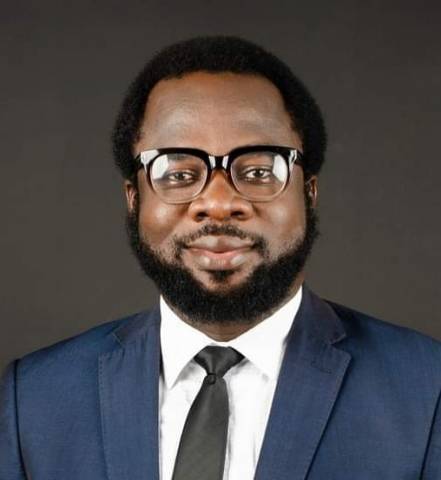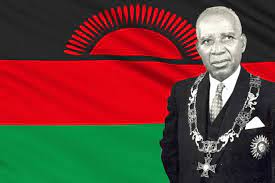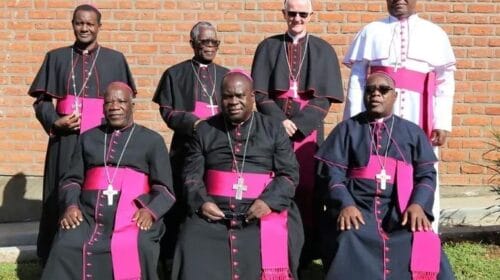Policing And Inequitable Society By Evans Ufeli Esq
Every society runs on systems established by law, conventions, traditions and customs. Where the system promotes justice, equity and fairness an automation is created to reward meritocracy, hard work and diligence but where the system deploys injustice against the masses such that the economic reality of the “haves” and “have nots” becomes like the difference between night and day , institutions will become weak while a few individuals will become so powerful that the law enforcement agencies like the police will appear inferior to these very few.
This is the problem with policing in Nigeria. Not only is the average Nigerian police man intimidated, he is often hardly a success story. He is deployed to take care of the elites where he gets intimidated by the outlandish lifestyle of the elites. He soon becomes an errand boy in anticipation for financial reward to augment his very poor wages. The Nigerian policeman is already battered by his background which is often from the lowest cadre of society, then he gets thrown into a horrible police college for recruitment with zero facilities and a complete run-downed structure.
The policeman starts to fend for himself while in training, he is improperly fed, practically abused and soon he discovers that he must buy the paraphernalia of his training for himself or face sanctions created by the system. The policeman is shown ambivalence as he get grounded in avarice at this stage by the system and taught impliedly to weaponize same against the larger society to find a place in it.
The psychological makeup of the averaged Nigerian policeman is so damaged that the bout for survival has so consumed him that he hardly remembers he is a policeman. Even with this contradictions he is armed with automatic raffles with an unimaginable propensity to abuse the authority of his office.
A visit to the police college readily offers the answers as to why some policemen work completely against the society they should protect. The police college in Nigeria is like a prison yard where officers are abused in the name of training. It is from the police college that the worse sets of officers are incubated before they are released to society with AK47s to go do maximum damage.
The fight against crime though still their primary objective, some impecunious officers turn even the fight against criminality to a means of sustenance where they negotiate with suspects to part away with proceeds of crime so respite is offer to the suspect in exchange. At certain stage the policeman become friends with random ‘wealthy citizens’ with questionable sources of income. These citizens send policemen on errand to whisk and clam-down on their perceived enemies in return the policemen are paid huge sum of monies by these folks.
7
The social class imbalance of the Nigerian society is taking a toll on our socio-economic condition, influencing behavior at every facet of the social order. With this mis-adventurous reality the masses have become the most affected in the midst of all these as the police have become an albatross against them. The police brutalized the masses while they remain subservient to the elites.
I would therefore advocate that the problem in the police force cannot be addressed in isolation of the socio-economic realities of our country and the debilitating inequalities that exist therein. The policeman must be made to go through training devoid contempt and hash economic reality. He must be cared for otherwise he will resort to a lunatic, beggar or both and society will bear the consequences of his nuisance value.
The Nigerian society must address the welfare of police officers and monitor them closely against greed and criminality. Many policemen in Nigeria enable crime and support thieves to ruin society. We must ignite a rebirth in the police force and surrender absolute loyalty to country hood by protecting one another and promoting a common cause for social Justice.
Evans Ufeli is a Lagos based Lawyer and Executive Director Castell Advocacy Centre.





